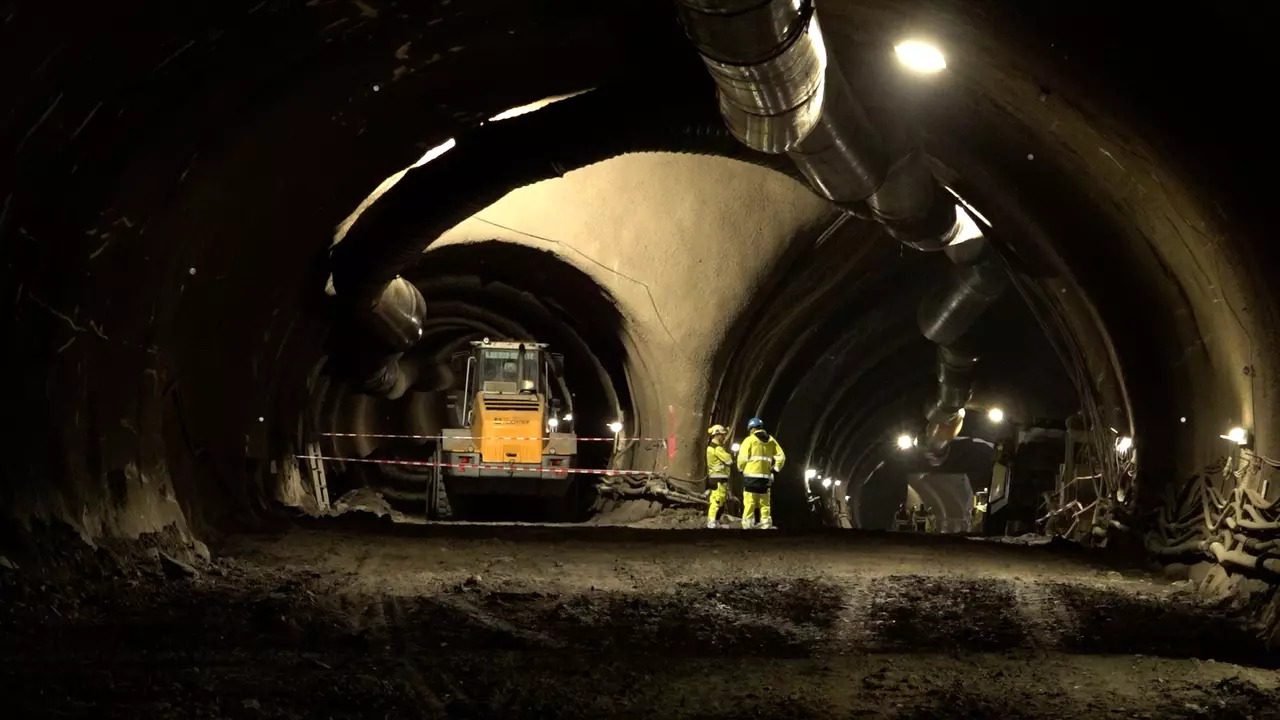There has been a significant development in the construction of the second section of Prague’s Metro D, between Olbrachtova and Nové Dvory. While it remains uncertain when construction will commence, the Office for the Protection of Competition (ÚOHS) has recently approved the geotechnical monitoring and construction passportization contract.
This decision enables the commencement of integral preparatory work. Passportization, or technical mapping, is necessary before excavation begins. This process involves thoroughly assessing existing buildings and structures around the construction site. The purpose is to capture their current condition, facilitating future comparison and identifying any subsequent changes.
In the so-called “influence zone,” this process will focus on the technical condition of buildings. Should any damages occur, owners can request adequate repairs or compensation from the investor, in this case, the transport company.
Geotechnical monitoring involves measuring points to regularly or continuously monitor and evaluate the condition of constructions. According to the transport company, this includes tracking how the excavated tunnels and surrounding rock masses behave.
This development represents a significant step forward in the construction of Metro D, according to the head of the transport company, Petr Witowski. Despite challenges and controversies surrounding the large contract for the construction worth approximately 30 billion crowns, it’s evident that the company has been operating according to the law.
Work beneath the surface began approximately twenty months ago, with the Pankrác-Olbrachtova section successfully excavated. Meanwhile, work on the second section has been put on hold due to concerns over the tender.
The 30 billion crown contract was won by the company Subterra, part of the Metrostav conglomerate, last September. Despite a cheaper bid from an association of companies, including Porr and Vinci, they were excluded from the process for allegedly failing to meet the tender conditions. The Antimonopoly Office subsequently banned the transport company from finalizing the contract with the builder and ordered expert opinions. According to the preliminary schedule, the metro is set to be operational by 2029, extending to Písnice in the south of Prague.





